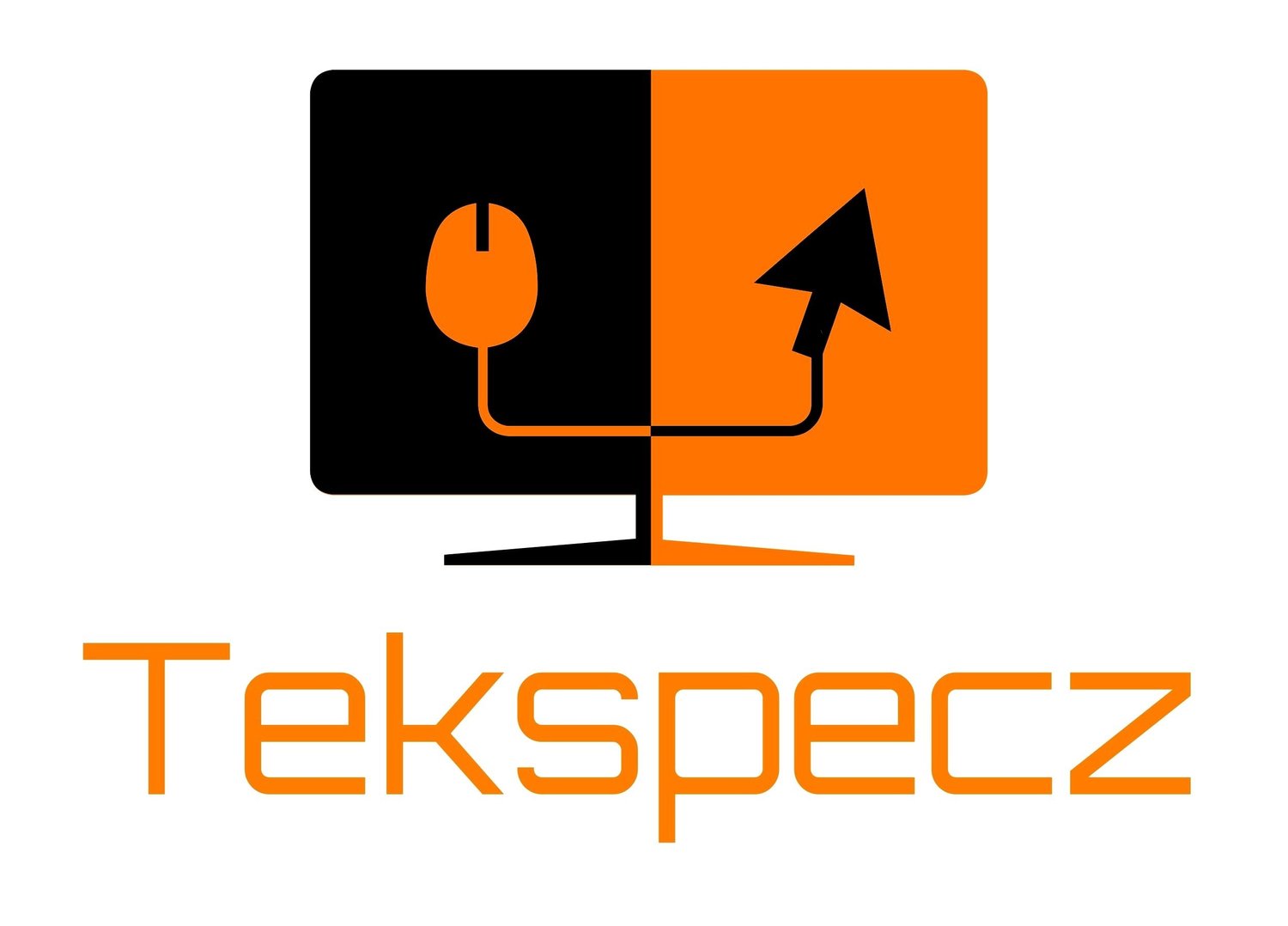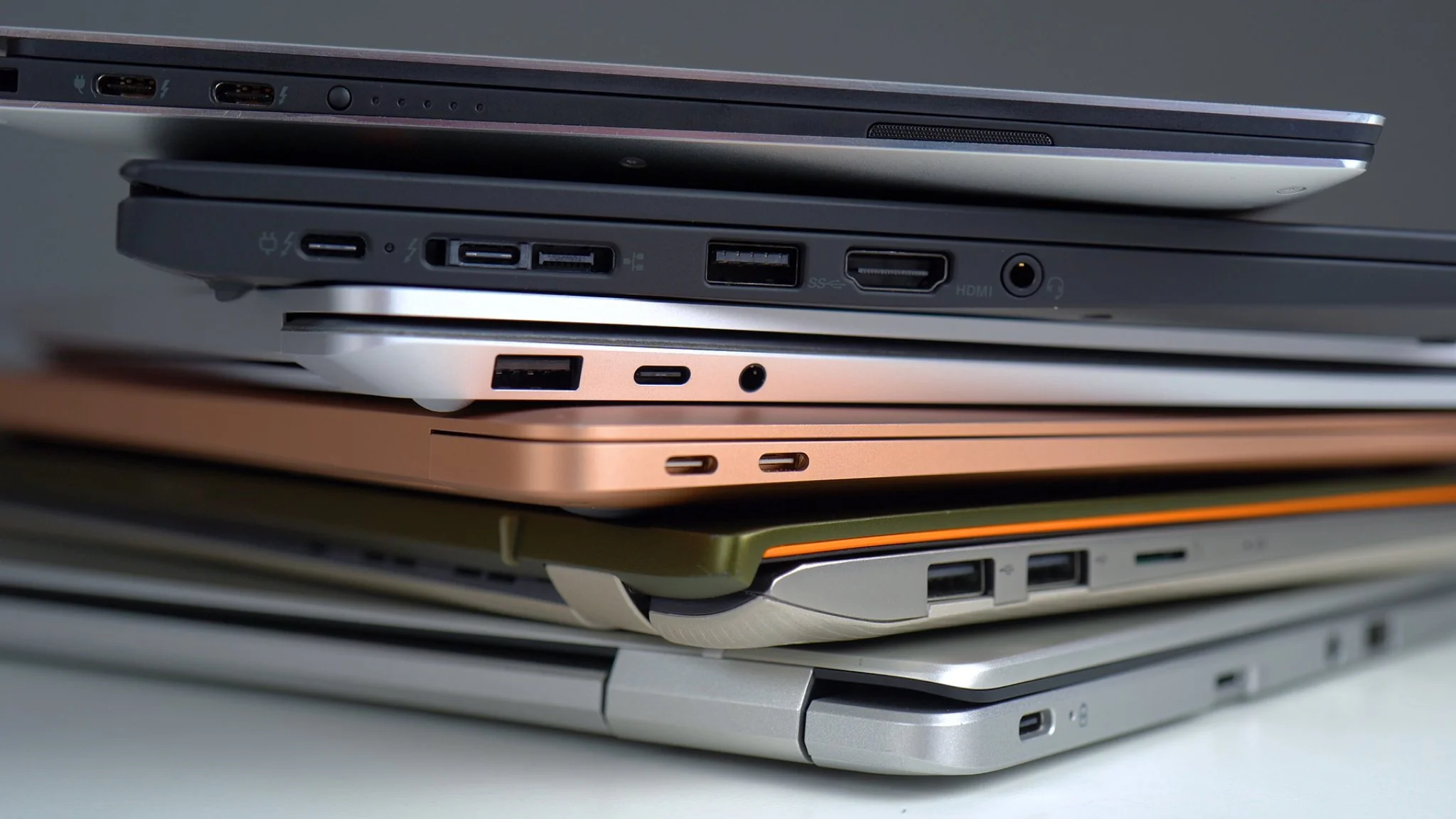Here's Several Factors You Should Consider When Buying a Laptop
How to buy a laptop? A difficult question to answer. No matter the price point or brand, the choices are limitless. Dare I say an overly saturated market. Then again, you'll find the laptop the primary computing source in the home, classroom, and business. Now there some impressive laptops on the consumer market. But your purchase depends solely on needs and usage.
If you haven't decided which brand of laptop you should buy, or not sure what to look for in regards to hardware specs or features, follow this set criteria I've outlined in this post.
The CPU
If you're shopping for a laptop based on processing power, then you should consider the need and usage. Most laptops on the current market have Intel-based CPUs that include Core i3, Core i5, and Core i7. In regards to laptops, most Intel CPUs will give you the best performance when it comes to multitasking and multimedia tasks. The Core i3-base laptops mostly found in entry-level systems. Geared towards the consumer who plans on achieving mundane tasks such as web browsing, sifting through emails, or maybe watch your favorite YouTube video. The Core i5 is a step up in regards to performance.
Now with the Core i7 based systems ( and now Core i9) processor, we talking power user category. The consumer who has a strong need for a peak performing system. You likely find the content creator or high-level gamer as an option purchase laptops implemented with the Core i7 processor.
The Storage
You would hardly find a spinning hard drive in today's modern laptop, and thank goodness for that. Spinning hard drives are somewhat bulky, add more weight, and produce noticeable heat and noise.
On the other hand the solid-state drive (SSD) is the storage option for not just laptops but also desktop PCs with good reason. They offer more speed, runs silent, and consume less energy. And most importantly, SSD's will not add much weight to any laptop.
The issue with SSD's is they don't offer as much storage capacity in regards to the laptop. The SSD storage is often expensive in terms of price to gigabytes. Usually, you'll find laptops with SSD's that have 128GB, 256GB, and 512GB in storage capacities. Today you can find laptops on the market with 1TB and 2TB SSD's. But higher storage capacities means much higher prices.
Today you'll now find high octane performing laptops with NVMe solid-state drives, they are much faster than your traditional SSD's but can also be more expensive.
The Need For More RAM
The days of settling for just 4GB of RAM are over. In this present day, at a minimum, you need a computer that have 8GB of RAM. The power using consumer should get a laptop that has 16GB of memory. If you plan on gaming on your computer, then the way to go is 32GB. Now, most laptops today do give you the option to upgrade your RAM capacity. So if you purchase a laptop that has 8GB of RAM to start, you can always upgrade. Just make sure the laptop you are buying has an empty RAM slot to spare.
Quality Keyboard Matters
Lengthy typing sessions means you'll need a laptop that will provide you with full comfort. You want a keyboard where the “keys” aren't tightly compact. Usually, this makes for an unsatisfying experience when you're trying to locate specific keys, such as the arrow and delete keys. For me, I desire a laptop that has a comfortable keyboard layout with full-size keys and, importantly, separate space around arrow keys.
Also, consider a keyboard with back lighting, this makes it easy for any user to type in dimly lit environments.
Display Quality Also Matters
I'm in the majority who feel touchscreens have no business being on a laptop. But the market is saturated with laptops implemented with this feature. But if you're shopping around for a laptop and want one with a touchscreen display, there are some benefits. One of them being certain task you’re trying to achieve will be more simplified. The caveat is most laptops with touchscreen displays are glossy, which leads to unwanted reflections A negative if you're gaming, viewing 4K content or editing photos and video. Your best course of action is to purchase a laptop that doesn't have a touchscreen.
Your primary focus when purchasing a laptop should be screen resolution. Consider getting a laptop that at minimum have a 1920 x 1080 pixel resolution for needed space to line up open windows within view.
There are a bevy laptops on the market that offer 4K resolution, which for me are my preference. Visually you'll get very sharp vibrate images, better color accuracy, and more extensive color gamut support. But the one drawback is high-end displays usually come at a costly price tag. But I think it would be dollars worth spent if your criteria is a high quality display.










